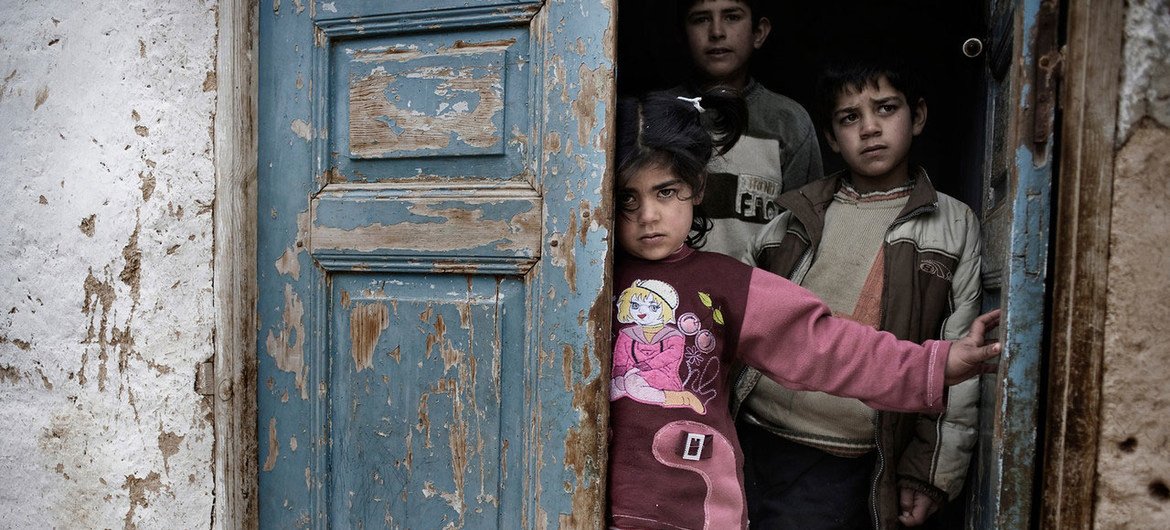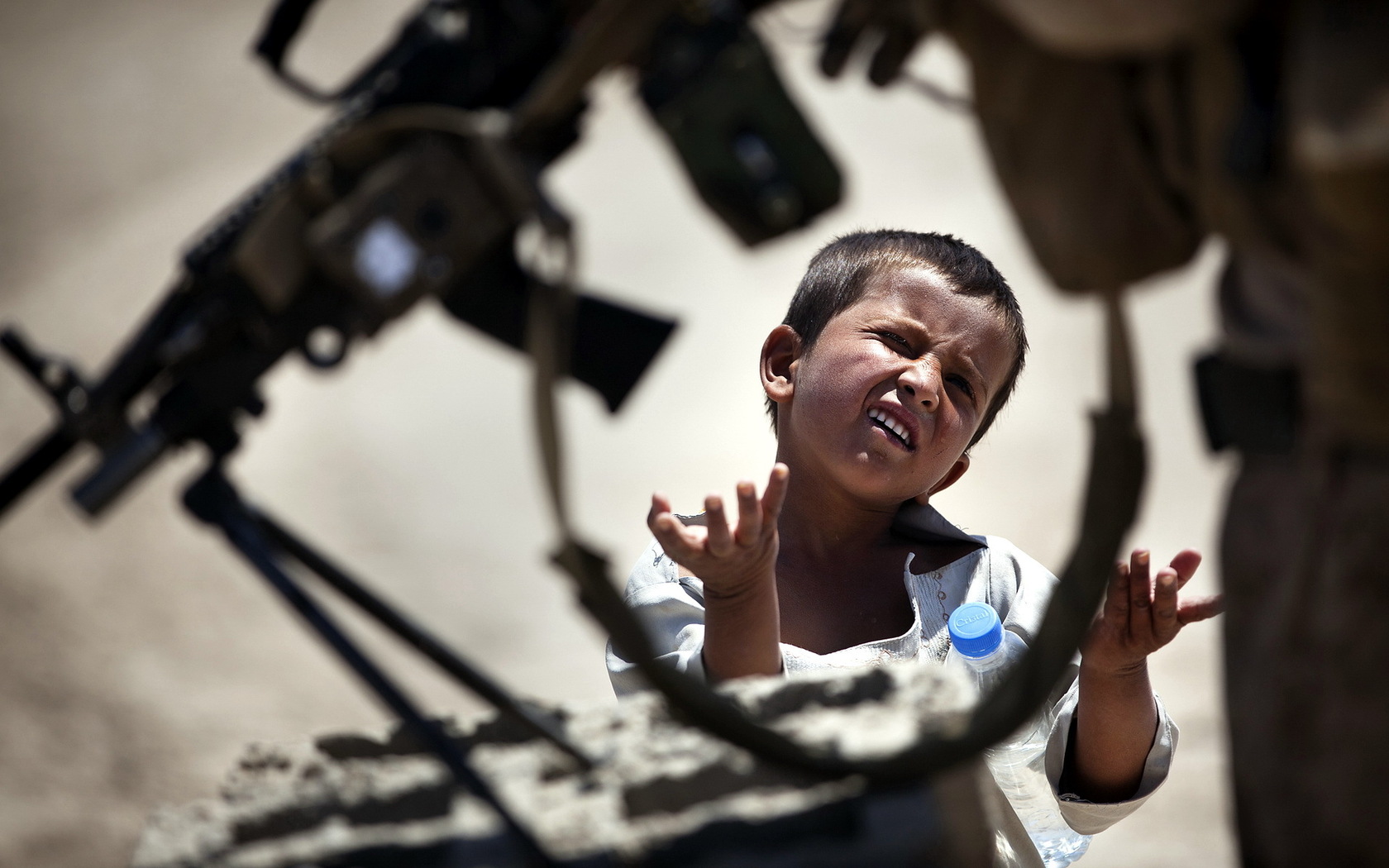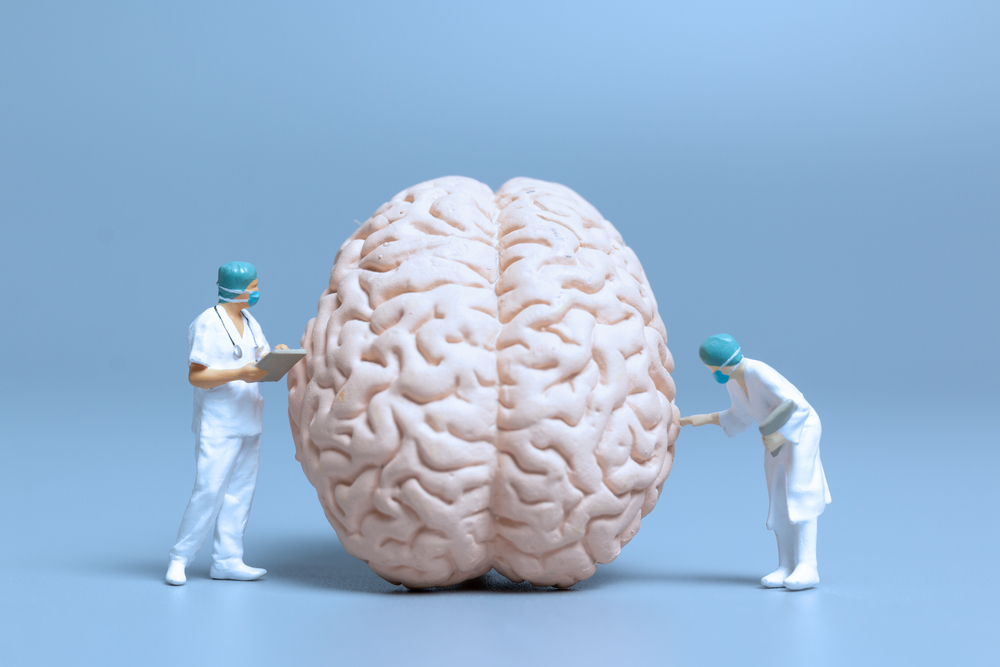Impact of War on Mental Health and Emotional Well-Being Being
Author : Dr.Tulika | 22 Jan 2026

War affects mental health in ways that go far beyond physical destruction. Continuous exposure to violence, uncertainty, loss, and displacement can deeply impact emotional balance, behavior, and psychological well-being. Understanding these effects helps in recognizing emotional distress early and highlights the importance of mental health support for those affected by conflict.
Loss of life and grief
War is synonymous with loss to both military and civilians, bringing in a slew of struggles for individuals during and long after the war has ended. Soldiers fighting in the conflict invariably suffer the worst injuries, physical or psychological.
They usually go through the agony of blaming themselves for a comrade's loss, struggle with the willingness to battle during combat, a constant test of perseverance in warfare, and the desire to live in general. Death is regarded as a particularly traumatic experience to overcome, and bereavement-related grief can have detrimental effects on mental health and cause long-term alterations in the mind and gene expression.
Depression, anxiety, rage, and isolation are some of the psychological problems observed. Preoccupation with the departed soul's memories, helplessness, and low self-esteem are behavioural symptoms.
Anxiety around family safety
Anyone touched by an emergency such as war will experience psychological discomfort or anxiety, primarily focused on the family's well-being. Anxiety is defined as a disorder marked by excessive anxiety, worry, and apprehensive expectation about a variety of potentially stressful events like war.
In these times, the victim is gripped with fear, a human reaction generated by a perceived threat, during times of crisis. Constant fear and subsequent worry, especially during times of war, can cause damage to critical regions of the brain. One of them is the hippocampus, a primary coping region that signals the body to respond to acute stress. This reaction makes it more challenging to control dread, and anxiety levels might skyrocket.
In the last ten years, one in every eleven (9%) people who have lived through a war or other form of conflict will suffer from a moderate or severe mental illness. Anxiety, post-traumatic stress disorder, depression, bipolar disorder, or schizophrenia impact one out of every five people (22 percent) who live in a conflict-affected area.
Financial Stress
Financial instability is one of the most damaging but overlooked consequences of war. Economic uncertainty affects not only daily survival but also emotional security and mental stability.
- War places a heavy economic burden on countries, affecting individuals and families both during and long after the conflict ends.
- Rebuilding infrastructure and restoring economic stability can take decades, creating prolonged financial uncertainty.
- Ongoing financial pressure can negatively affect brain function, emotional regulation, and overall mental well-being.
- Extreme financial stress may lead to behavioural changes such as withdrawal, hostility, panic, and feelings of isolation.
- Constant fear of job loss, housing insecurity, or overwhelming debt keeps the mind in a state of high alert, making relaxation and emotional recovery difficult.
- Economic instability during war often impacts financial markets, leading to sudden losses, increased anxiety, and emotional distress among investors.
- Prolonged financial hardship is also linked to increased suicidal thoughts and behaviours, as economic crises intensify feelings of hopelessness and helplessness.
Post-war mental health issues
As a catastrophic tragedy, war has always resulted in a gut-wrenching wave of severe, long-lasting, mental, and physical symptoms, particularly war-related post-traumatic stress disorders, grief, and anxiety, all of which manifest in diverse ways.
Psychological trauma originates when a person is confronted with an unpleasant incident that leaves them feeling irrelevant in the face of overwhelming threat, worry, and fear. While stress affects everyone, the severe traumatic consequences of war can be overpowering, psychologically shattering a person and leaving them vulnerable. Once a person is confronted with a life-threatening condition, more often than not, his coping mechanism fails.
When Mental Health Support Becomes Important
Living through conflict can leave lasting emotional scars that may not heal on their own. Persistent fear, emotional numbness, sleep disturbances, recurring distressing memories, and difficulty managing daily life are signs that professional mental health support may be needed. Early intervention can help reduce long term psychological impact and improve coping abilities.
Mental health issues in conflict zones in numbers
Armed conflict exposes individuals to repeated trauma, loss, and uncertainty, leading to widespread psychological distress. Research consistently shows higher rates of mental health conditions in war affected regions.
- Around 10 percent of people exposed to conflict develop severe mental health conditions, while another 10 percent experience behavioural difficulties that interfere with daily functioning.
- Common psychological effects include chronic distress, panic, sleep disturbances, and stress related physical symptoms.
- Long running conflicts have shown high levels of depression, anxiety, and post traumatic stress, particularly among vulnerable groups.
- Children, women, and individuals with disabilities face greater emotional impact due to repeated exposure to violence and instability.
- Children living in conflict zones are more likely to experience long term psychological effects compared to those in stable environments.
These findings highlight the urgent need for accessible and structured mental health care in conflict affected regions.
Conclusion
The mental health consequences of war extend far beyond the battlefield and often persist long after the violence ends. Emotional trauma, if left unaddressed, can affect individuals, families, and entire communities. Timely mental health treatment and supportive care play a crucial role in promoting healing, resilience, and long term emotional well being for those affected by conflict.

















